|
|
|
|
Nau mai haere mai and welcome to your newsletter.
Last night’s television leaders’ debate between Jacinda Ardern and Judith Collins was a sure sign the election campaign is truly up and running, delayed date and COVID-19 alert levels notwithstanding. Immediately preceding the debate the latest 1 News-Colmar Brunton poll showed Labour, while slightly down on previous polls, still able to govern alone. There was plenty at stake, and our panel of five experts was there to analyse the contest and assess the performances.
This week also saw most of New Zealand returned to almost normal life under alert level 1, although Aucklanders will have to stay at level 2 for at least another two weeks. Researchers modelling the spread of the virus say it’s a sensible decision as there may still be undetected cases in the city. They also warn people elsewhere in New Zealand should not become complacent and keep using masks and the tracer app.
And a change in the way we do things. The Conversation’s point of difference has always been that our authors are all academics or researchers, but this definition has not captured people who contribute Indigenous knowledge without having a formal academic position. We have updated our author guidelines so that Indigenous authors can now be credited properly.
As always, many thanks for reading and for supporting the work we do. You’ll find much in this newsletter and on our New Zealand page - until next week, ngā mihi nui ki a koutou katoa.
|
Finlay Macdonald
New Zealand Editor: Politics, Business + Arts
|

|
|
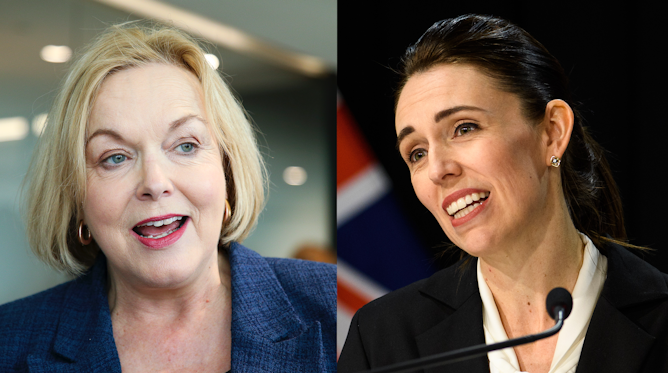
Hagen Hopkins/Mark Tantrum (Getty)
Grant Duncan, Massey University; Bronwyn Hayward, University of Canterbury; Morgan Godfery, University of Otago; Richard Shaw, Massey University; Siouxsie Wiles
From policy to performance, a panel of five political experts analyses the first televised leaders' debate of the 2020 New Zealand election campaign.
|

www.shutterstock.com
Jonathan Barrett, Te Herenga Waka — Victoria University of Wellington
With their different but equally conservative income tax policies, both Labour and National ask voters to consider their own appetite for risk.
|

Elliott Brennan/Unsplash
Misha Ketchell, The Conversation
We want to make sure our editorial team is set up to make the most of the deep expertise of Māori in Aotearoa New Zealand and Indigenous Australians.
|
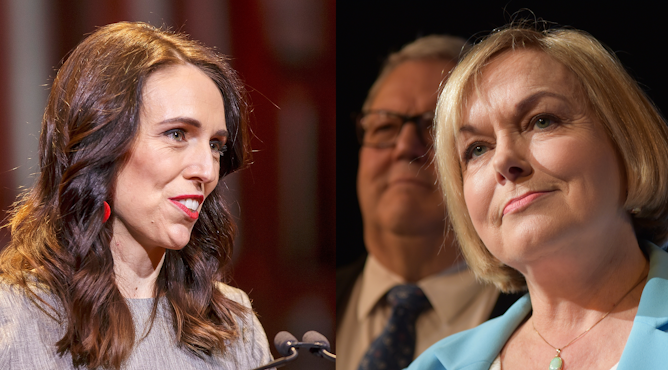
Theodore E. (Ted) Zorn, Massey University
Policy and promises matter, but the way politicians articulate them can be just as important — especially on live television.
|
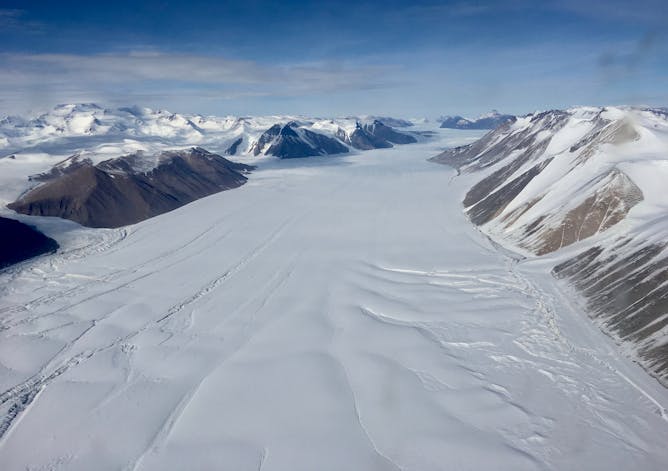
Professor John Long, Flinders University
Frédérik Saltré, Flinders University; Corey J. A. Bradshaw, Flinders University
We have had to adapt to several changes to our climate since we started our migration out of Africa many thousands of years ago.
|
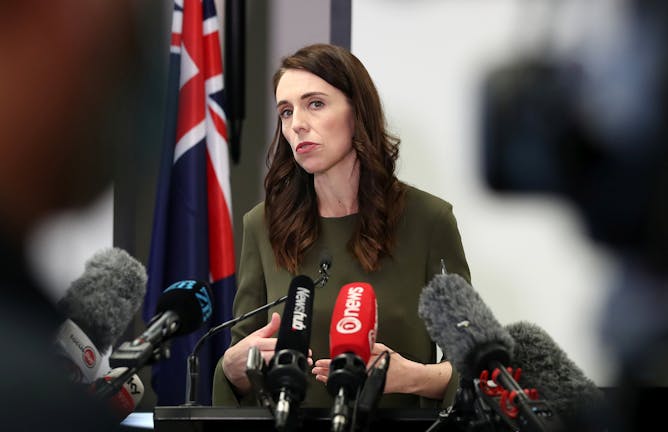
Fiona Goodall/Getty Images
Alex James, University of Canterbury; Shaun Hendy
The latest COVID-19 modelling shows New Zealand will have a 50-50 chance of eliminating the virus again by the end of the month, provided the Auckland cluster stays contained.
|
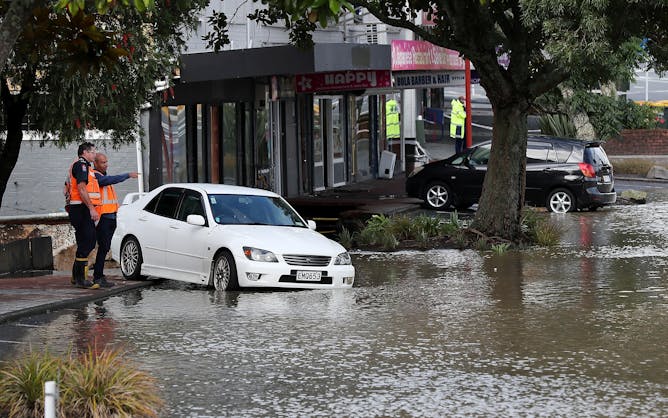
Fiona Goodall/Getty Images
Ivan Diaz-Rainey, University of Otago
I have criticised this government’s climate policy in the past for being big on promise but short on concrete policies. But this financial disclosure policy has some real teeth.
|

Shutterstock/ronstik
Cherie Lacey, Te Herenga Waka — Victoria University of Wellington; Alex Beattie, Te Herenga Waka — Victoria University of Wellington
There are calls for better web design standards to ensure greater personal data and privacy protection.
|
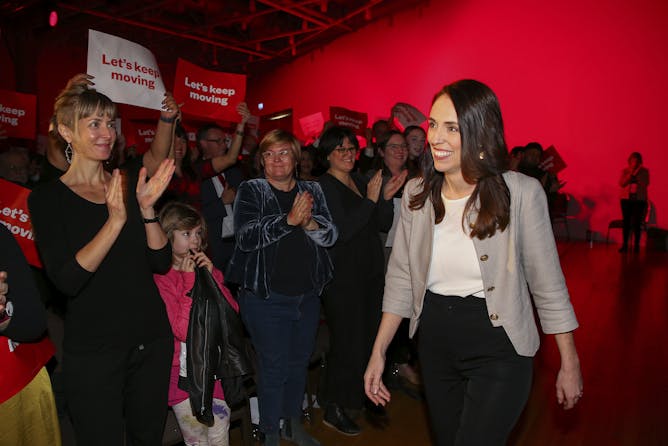
GettyImages
Stephen Levine, Te Herenga Waka — Victoria University of Wellington
With a month to until polling day on October 17, the 2020 general election defies conventional analysis.
|

Shutterstock/corners74
Jeff Seadon, Auckland University of Technology
New Zealand's potential to expand its domestic recycling sector is enormous. It could create jobs and divert millions of tonnes of waste from landfills, as long as there are clear, measurable targets.
|
From our international editions
|
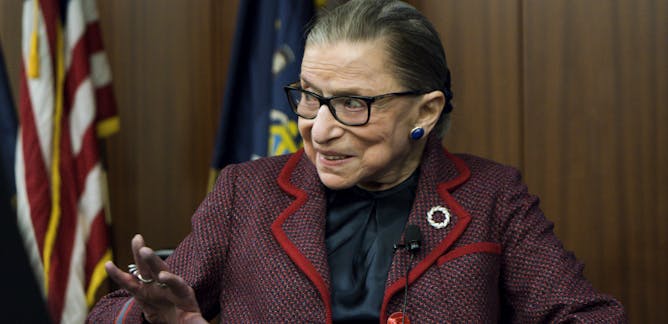
Emma Long, University of East Anglia
With a new vacancy on the US Supreme Court, Donald Trump has the opportunity to alter the court's direction for decades. He's not the first.
| |
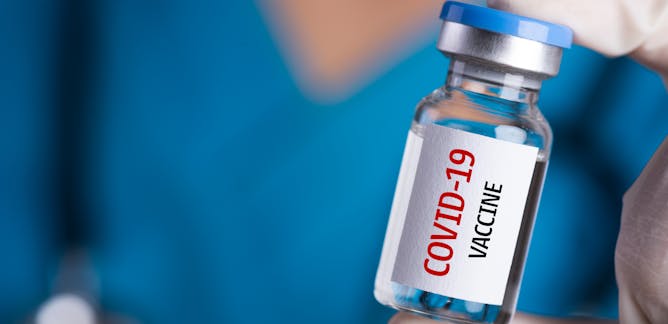
Jeremy Howick, University of Oxford
Researchers rarely report what's in a placebo.
|
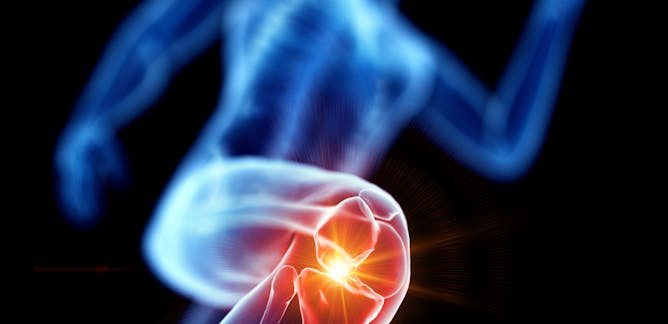
Rajesh Khanna, University of Arizona
The SARS-CoV-2 virus usually infects the body via the ACE2 protein. But there is another entry point that allows the virus to infect the nervous system and block pain perception.
| |

Axel Bruns, Queensland University of Technology
Research shows Google News results often prioritise mainstream media over smaller news businesses. It's a double-edged sword. While local outlets suffer, it's actually better for readers.
|
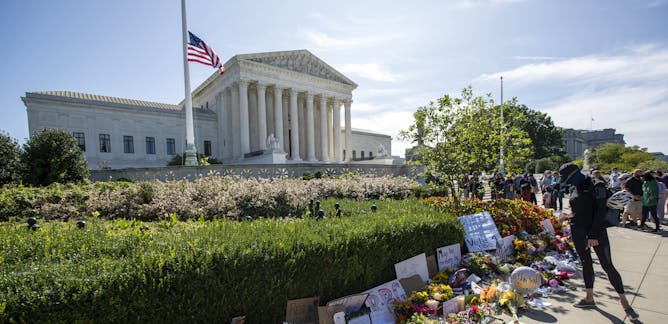
Caren Morrison, Georgia State University
Justice Ruth Bader Ginsburg's death has sparked a battle over the future of the Supreme Court. Against that backdrop, a nominee faces prescribed steps towards a confirmation vote in the Senate.
| |
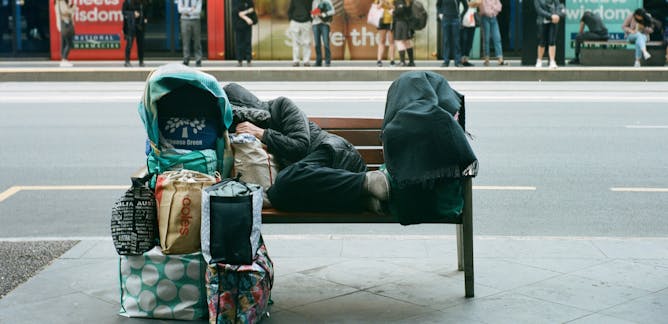
Vivienne Skinner, University of Technology Sydney; Phillippa Carnemolla, University of Technology Sydney
When the moratorium on evictions ends, even more Australians will face housing insecurity and homelessness. Beyond the moral and health cases, there's a powerful financial reason to end homelessness.
|

Muhammad Zulfikar Rakhmat, Universitas Islam Indonesia (UII)
A recent report rom the US Defence Ministry says China has likely considered a military base in Indonesia, among several other countries in Asia, Africa and the Middle East.
| |
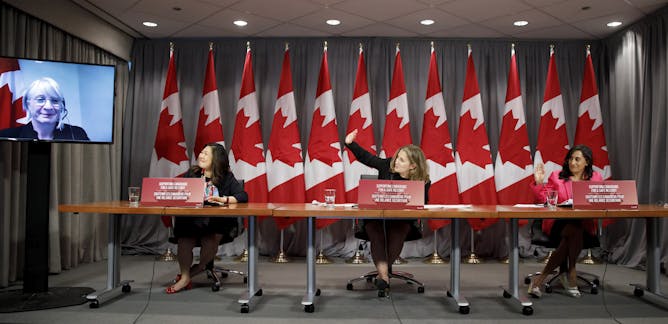
Gabriela Perdomo, L’Université d’Ottawa/University of Ottawa; Pascale Dangoisse, L’Université d’Ottawa/University of Ottawa
As the finance minister of a G7 nation, Chrystia Freeland has entered a club of political leaders whose entire world view is shaped by neoliberalism. Will she find a way to promote real feminism?
|

Keith Silika, Staffordshire University
A forensic archaeologist and former Zimbabwe police officer uses his investigative skills to find the missing and the dead in his homeland.
| |
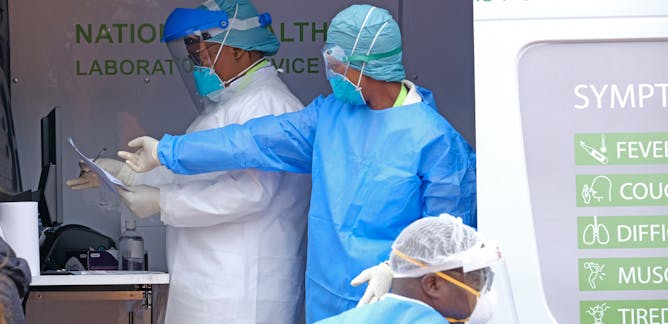
Burtram C. Fielding, University of the Western Cape
Some insights into previous outbreaks of human coronaviruses may be useful in explaining the comparatively 'low' numbers of COVID-19 infections and mortality in people with HIV in South Africa.
|
|
|
| |
| |
| |
| |
| |
| |
|
|
|
|
|
|
|